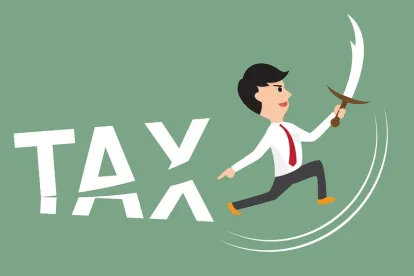What a week it’s been. As of today, March 21, it has been three days since Congress passed the Families First Coronavirus Response Act (FFCRA or the Act) and it was signed into law. It’s also been three days during which employers have faced dwindling workforces due to employees who are self-quarantining due to exposure, or suspected exposure, to the virus, or because they live in states or cities with mandatory shelter-in-place orders preventing employees from reporting to work at businesses deemed “non-essential,” or because they must stay home with minor children whose schools and daycare facilities have closed due to concerns related to the COVID-19 pandemic. And it’s been a confusing three days as employers have sought answers to many important but unanswered questions about the new law.
With their employees struggling, some employers have been eager to provide immediate relief to employees under the emergency paid sick leave and paid family leave benefits provisions of the FFCRA. (See our detailed post discussing each of these provisions.) But concerns have come up that doing so now may not allow employers to take advantage of the tax credits provided under the law intended to offset the financial burden of these new federally-mandated benefits because the FFCRA states that it shall be effective “no later than” fifteen (15) days after its enactment, which, based on the date the President signed the bill into law, is April 2, 2020.
Although the US Department of Labor (“DOL”) has not yet issued formal regulations interpreting the emergency leave provisions of the FFCRA – although reports are that those regulations are forthcoming – on March 20, 2020, the DOL, Internal Revenue Service, and Treasury Department jointly announced that employers covered by the FFCRA (which is employers employing fewer than 500 employees) may “immediately” begin taking advantage of the payroll tax credits allowed under the paid sick leave and paid family leave provisions of the FFCRA. These tax relief provisions are intended to reimburse employers, dollar-for-dollar, for the cost of providing coronavirus-related leave to employees. In their announcement, the agencies:
- assured employers that tax credit reimbursement will be “quick and easy to obtain,” with an “immediate dollar-for-dollar tax offset against payroll taxes” provided to employers covered by the FFCRA;
- indicated that refunds will be swiftly issued when owed to alleviate the burden on US employers;
- promised that employers will be able to seek an expedited advance from the IRS by submitting a claim form that will be released by the IRS next week (March 23-27); and
- committed to releasing guidance next week instructing employers on how to retain an amount of payroll taxes equal to the amount of qualifying emergency sick and childcare leave that they pay under the FFCRA, rather than deposit those funds with the IRS.
This information is confirmed on both the IRS website and the Treasury Department’s website.
Many small business – the backbone of our nation’s economy – have been particularly anxious about the burdens that will be placed on their businesses by the FFCRA when they are already dealing with so many other catastrophic economic and personal impacts caused by the COVID-19 pandemic. Fortunately, for those businesses with fewer than 50 employees, the FFCRA allows an exemption to the emergency paid sick leave provision if providing paid sick leave would jeopardize the ability of the business to continue as a going concern. Although the process for obtaining a waiver has not been provided, the DOL promises that it will issue “simple and clear criteria” that clarifies this otherwise-undefined standard through “emergency guidance and rulemaking.”
Although a step in the right direction in providing employers with more clarity, substantial ambiguity still exists regarding when the Act goes into effect and how and when employers can obtain tax relief for these up-front expenses. Obviously recognizing the unprecedented situation caused by this whirlwind emergency legislation, the DOL announced a 30-day grace period during which it will not enforce the Act against employers who have made good-faith efforts to comply, and would instead use that period to provide further guidance clarifying employer compliance obligations.





 />i
/>i

